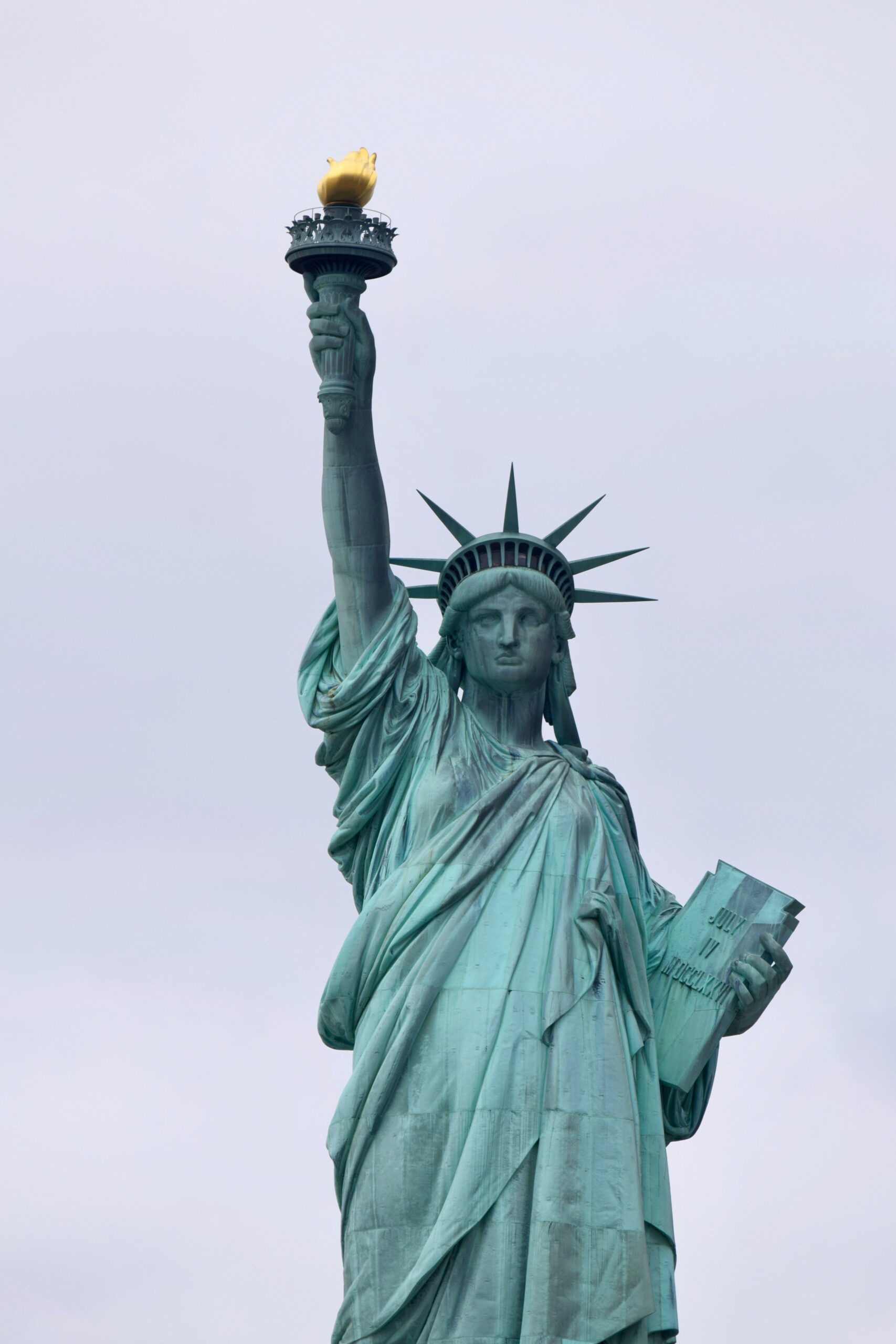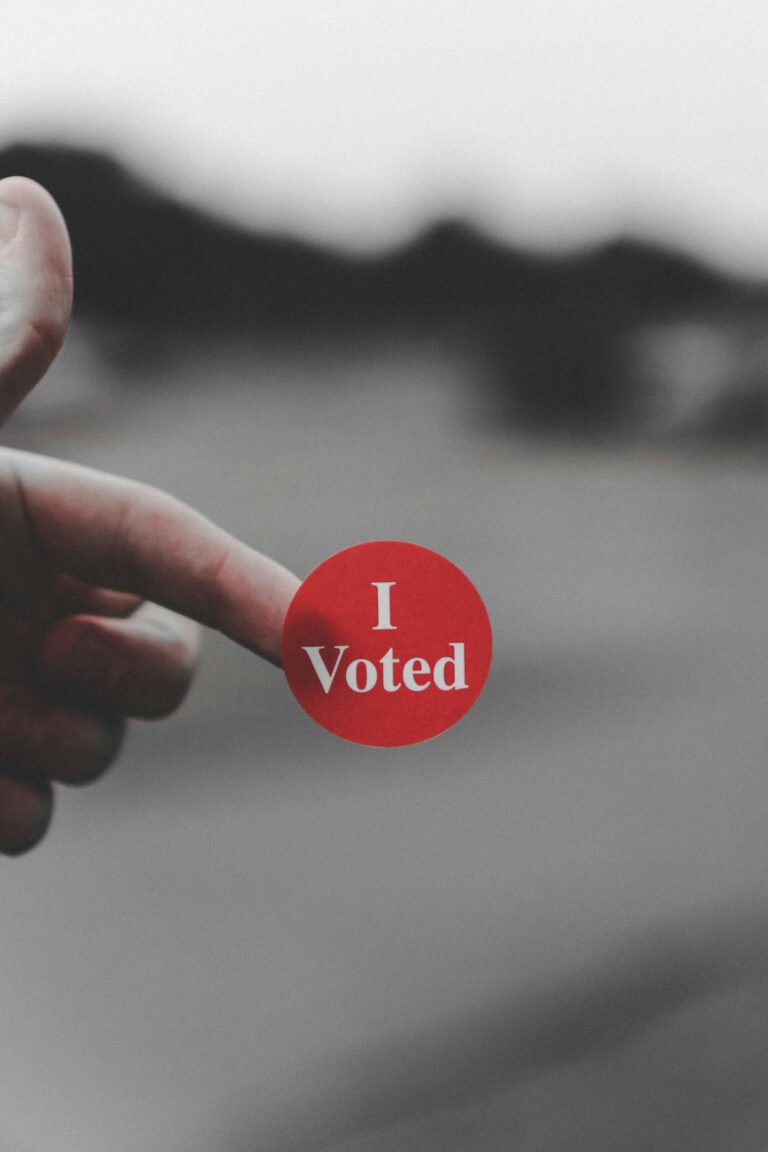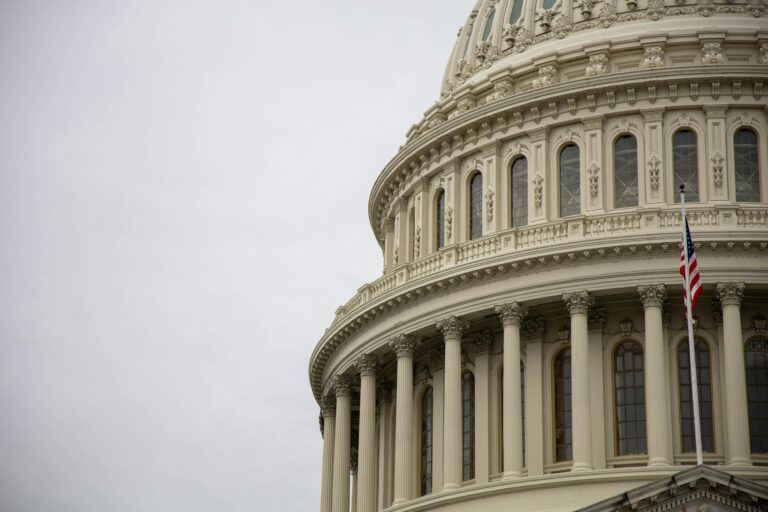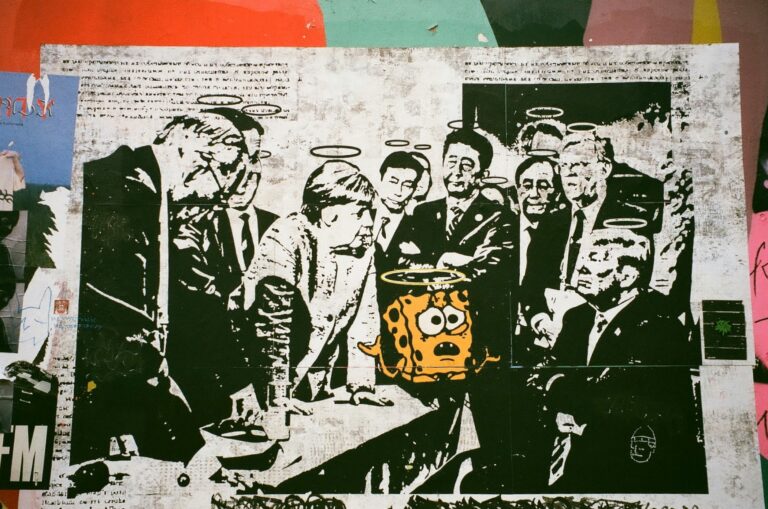
Throughout American history, certain presidents have left a lasting mark on the nation, steering its political course and reshaping the landscape in ways that still resonate today. From founding ideals to major reforms, these leaders didn’t just govern—they transformed the country. Here, we look at some of the most influential U.S. presidents, examining how their policies and leadership redefined American politics and altered the nation’s trajectory.
1. George Washington: Setting the Standard for Presidential Leadership
As the nation’s first president, George Washington set foundational precedents that shaped the office itself. He established the cabinet as an advisory body, emphasized the importance of neutrality in foreign affairs, and willingly relinquished power after two terms, setting a democratic precedent.
Legacy and Impact:
Washington’s commitment to democratic principles and his decision to step down after two terms set a standard for presidential conduct. His leadership provided a model of restraint and service, reinforcing the importance of civilian control and nonpartisan governance.
2. Thomas Jefferson: Championing States’ Rights and Expanding the Nation
Thomas Jefferson’s presidency marked the beginning of a more populist, states’ rights-focused vision for America. His Louisiana Purchase in 1803 doubled the nation’s size, securing land for future growth and reinforcing his belief in an agrarian society.
Legacy and Impact:
Jefferson’s expansionist policies and vision of a more decentralized government laid the foundation for America’s westward expansion and established a lasting debate between federal and state authority. His influence reshaped both the country’s geography and its political ideology.
3. Andrew Jackson: The Rise of Populism and the “Common Man”
Andrew Jackson, a war hero and populist, brought a new level of direct democracy to the White House, emphasizing his connection with “ordinary” Americans. His battles against the National Bank and use of the veto power as a political tool shifted the presidency toward a more assertive role.
Legacy and Impact:
Jackson’s legacy is controversial, but his populist approach set the stage for modern political engagement. His policies favored states’ rights and shifted power away from elite institutions, but his support for Indian removal remains a deeply troubling part of his tenure. Jackson’s presidency marks the start of populism as a powerful force in American politics.
4. Abraham Lincoln: Preserving the Union and Ending Slavery
Abraham Lincoln’s presidency during the Civil War transformed the United States, as he took extraordinary steps to preserve the Union and ultimately issued the Emancipation Proclamation, which led to the end of slavery. Lincoln expanded the powers of the presidency to address an existential crisis, shaping the nation’s path forward.
Legacy and Impact:
Lincoln’s legacy is one of unity and moral leadership. His vision for a “new birth of freedom” redefined America’s commitment to liberty and equality, and his policies laid the groundwork for civil rights progress. Lincoln’s decisive actions during the Civil War expanded presidential authority in times of crisis and underscored the principle of a united, indivisible nation.
5. Theodore Roosevelt: Progressivism and Government’s Role in Society
Theodore Roosevelt’s presidency introduced the “bully pulpit” concept, as he used his office to champion progressive reforms, trust-busting, and conservation. Roosevelt’s Square Deal policies sought to address social inequalities and curb corporate power, positioning the federal government as an agent of change.
Legacy and Impact:
Roosevelt’s proactive approach redefined the presidency as a moral force and positioned government as a means to promote social welfare. His work in conservation and antitrust efforts set the stage for later reforms and made progressivism a driving force in American politics.
6. Franklin D. Roosevelt: The New Deal and Modern Liberalism
Franklin D. Roosevelt (FDR) took office during the Great Depression and responded with the New Deal, a transformative set of programs designed to provide economic relief, recovery, and reform. His leadership during World War II and his establishment of Social Security, public works projects, and labor protections reshaped the role of the federal government.
Legacy and Impact:
FDR’s New Deal programs redefined government’s role in supporting the economy and providing a social safety net. His policies formed the basis of modern American liberalism and established the idea that government has a duty to address economic inequality and protect vulnerable citizens. FDR’s legacy of federal intervention continues to shape American politics and policy.
7. Harry S. Truman: The Birth of the Modern American Foreign Policy
Harry Truman’s presidency marked the beginning of America’s role as a global superpower. His decisions to drop atomic bombs on Japan, implement the Marshall Plan, and establish NATO set the foundation for U.S. foreign policy during the Cold War. Truman’s “Truman Doctrine” pledged support to nations threatened by communism, signaling America’s commitment to countering Soviet influence.
Legacy and Impact:
Truman’s foreign policy decisions set the tone for decades of American involvement abroad and established the U.S. as a protector of democracy on the world stage. His actions during the Cold War reshaped global politics and continue to influence American foreign policy, particularly in terms of defense and international alliances.
8. Lyndon B. Johnson: Civil Rights and the Great Society
Lyndon B. Johnson’s presidency saw groundbreaking civil rights legislation with the Civil Rights Act of 1964 and the Voting Rights Act of 1965, transforming American society by advancing racial equality. His Great Society initiatives, including Medicare, Medicaid, and public education reforms, expanded the social safety net.
Legacy and Impact:
Johnson’s achievements in civil rights laid the foundation for future equality movements and represent a key turning point in American history. While his legacy is complicated by the Vietnam War, his domestic policies created programs that continue to support millions of Americans and shaped the debate on social welfare and racial justice.
9. Ronald Reagan: Conservative Revolution and Deregulation
Ronald Reagan’s presidency ushered in a conservative revolution, emphasizing smaller government, deregulation, and tax cuts. Reagan’s policies prioritized free-market principles and aimed to reduce federal influence in favor of individual and state autonomy. His strong anti-communist stance helped bring an end to the Cold War.
Legacy and Impact:
Reagan’s conservative policies redefined the Republican Party and created a lasting shift toward deregulation and free-market economics. His legacy remains influential in shaping conservative principles and policies today, including tax policy and the role of government in society. Reagan’s communication style and use of media also changed how presidents connect with the public.
10. Barack Obama: Healthcare Reform and Social Change
Barack Obama’s presidency marked a new era in American politics as he became the first Black president and introduced transformative policies like the Affordable Care Act (ACA). The ACA expanded healthcare coverage to millions, representing the most significant health reform since Medicare and Medicaid. Obama’s tenure also saw major social changes, including the legalization of same-sex marriage and strides toward environmental regulation.
Legacy and Impact:
Obama’s presidency reshaped American healthcare and laid the groundwork for progressive policies on social issues. His focus on environmental action, social equality, and diplomacy established a more inclusive vision of America, one that resonated with younger generations and set the stage for future discussions on equity, climate, and health reform.
11. Donald Trump: Disruption of Political Norms
Donald Trump’s presidency was marked by a break from traditional political norms. His direct communication style, reliance on social media, and emphasis on “America First” policies changed how presidents engage with the public and approach foreign relations. His administration’s policies on immigration, trade, and deregulation brought intense debate and redefined the modern Republican Party.
Legacy and Impact:
Trump’s presidency underscored the influence of populism and polarized American politics, prompting discussions about media, democracy, and national identity. His approach to governance and communication reshaped the way the public interacts with and perceives the presidency, with his impact likely to influence both political parties and future leaders.
12. Joe Biden: Pandemic Response and a Focus on Unity
Joe Biden took office in 2021 during the COVID-19 pandemic, with his administration’s focus on recovery, infrastructure, and unity. His American Rescue Plan and infrastructure legislation aimed to address economic disparity, while his policies on climate change and social issues continued efforts toward progressive goals.
Legacy and Impact (Ongoing):
Biden’s tenure is still unfolding, but his approach emphasizes the role of government in crisis response and economic recovery. His administration’s focus on climate and equity signals a renewed commitment to progressive policies, and his response to global tensions may reshape foreign policy. How his presidency is ultimately judged will depend on the success of these initiatives in a divided political climate.
Final Thoughts: A Legacy of Change
From Washington’s restraint to Biden’s recovery efforts, each president on this list reshaped American politics in unique ways. They expanded, redefined, or challenged the role of government, creating legacies that continue to influence modern debates on democracy, equality, and governance.
These leaders show that the American presidency is not just an office—it is a position that can alter the direction of a nation, for better or for worse. Each of these presidents contributed to the evolution of American democracy, and their legacies remind us of the power and responsibility that comes with leading the country. The evolution of presidential influence is a testament to the resilience and adaptability of American politics, reflecting both the nation’s challenges and its enduring ideals.





